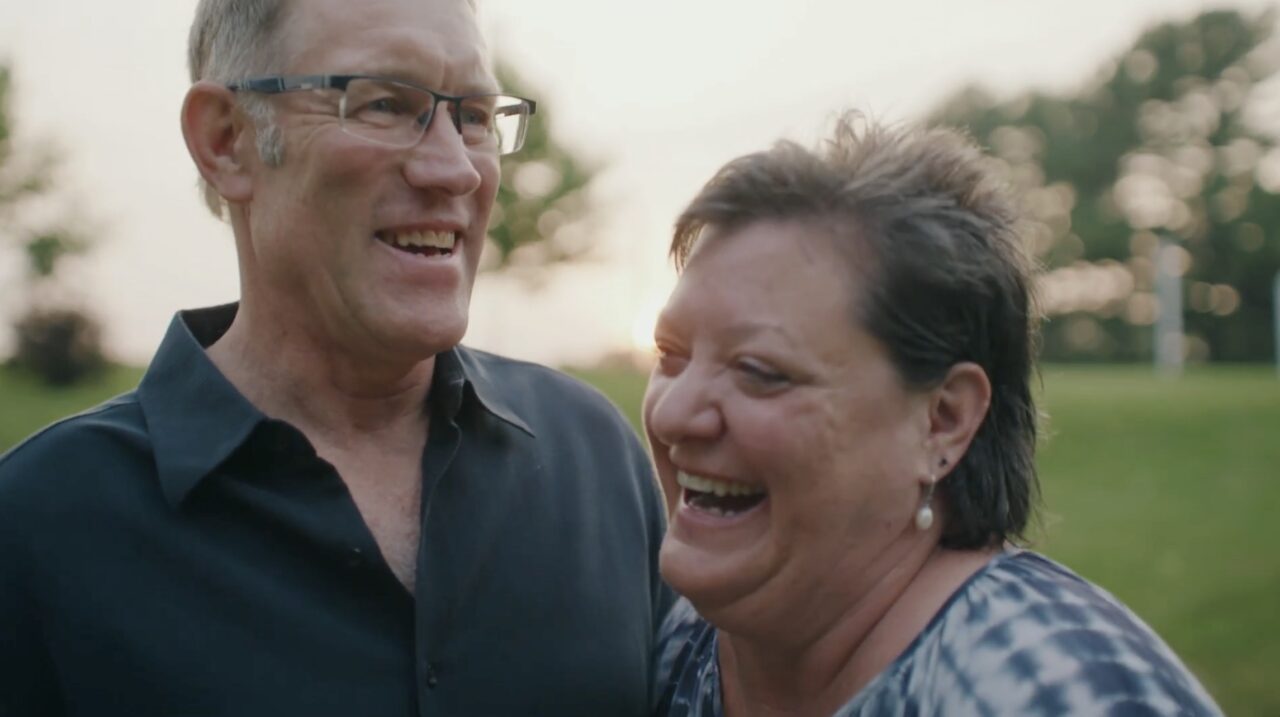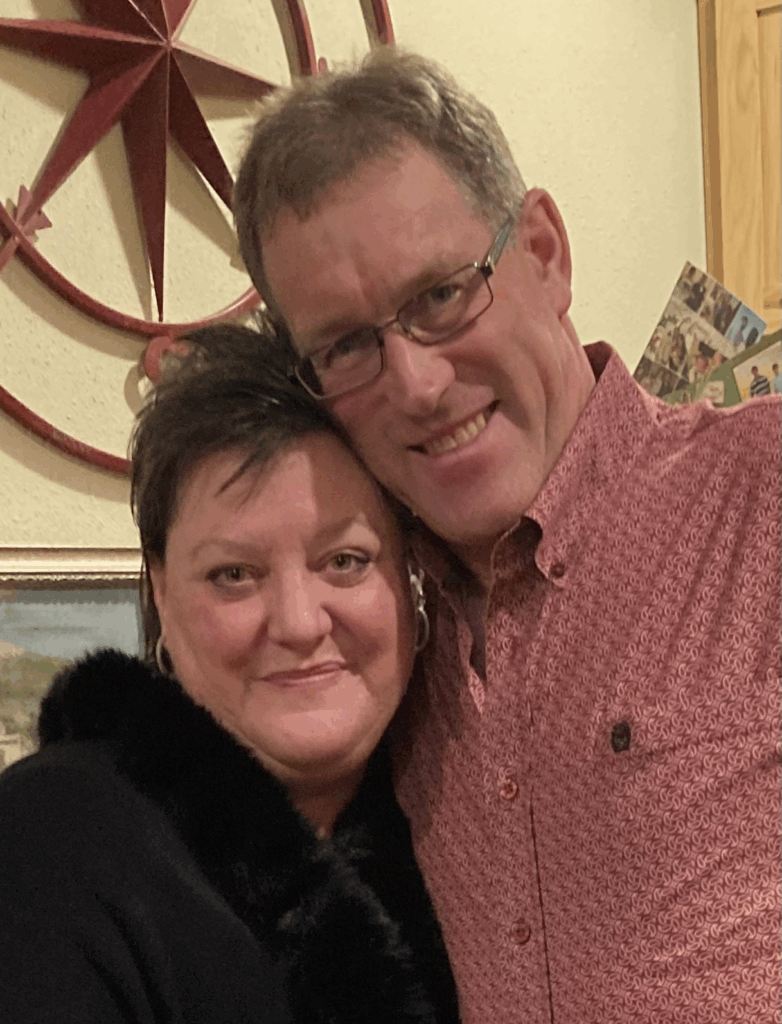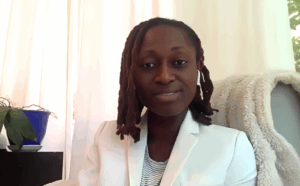Caring Through Cancer’s Weight

Key Takeaways
-
There is resilience and meaning in caregiving. More than half of caregivers say that their role gives them a sense of purpose.
-
Nearly 30 percent of caregivers have provided care for 5 years or more, an increase from 24 percent in 2015.
-
One in five family caregivers report experiencing high financial strain because of providing care.
Rick and Suzanne had their first dance 39 years ago, and they have been dancing ever since. Dancing through marriage, children and grandchildren, careers, and all of life’s milestones. Their world shifted in 2017, when Suzanne was diagnosed with an aggressive form of Stage IV breast cancer. As treatment began, Rick found himself stepping into a new role, that of a caregiver. Rick showed up each day with love, strength, and compassion.
Suzanne’s diagnosis was grim, and they faced a tough decision to pursue treatment or not. They decided to face treatment head on. Rick knew his role, as caregiver, would be vital, but what he didn’t grasp in that moment was the magnitude of the wave of responsibility, emotions, and challenges that come with providing care for someone diagnosed with a serious illness such as cancer.
Together, they experienced the challenges of chemotherapy, surgery, radiation, medication changes and side effects, and the sheer exhaustion of treatments, travel, and emotional toll. Every day, Rick and Suzanne choose to focus on the positive – they do share some fond memories of the family shaving their heads together to show their support of Suzanne.

The depth it's going to take you to, caring for someone, you just do it. You just dig right in. It doesn’t matter what needs to be done. You get up every day; you’re going to take care of this person before you take care of yourself.
Suzanne has long been a caregiver herself. As a dementia/Alzheimer’s nurse, she spent years working with professionals and families explaining how to support patients as well as how to find support for themselves as caregivers. Having seen it in others, she knew in addition to getting better for herself, she had to be sure Rick was taking care of himself.
Rick and Suzanne have experienced significant financial impacts due to cancer treatments and caregiving responsibilities. Once Suzanne was diagnosed, she had to quit working as a self-employed consultant. Rick is also self-employed. He owns a business in the trades and is a rancher on their family farm. Due to treatment and caring responsibilities, Rick had to cut his hours back to be there to take care of Suzanne.
During this time, they faced challenges affording health insurance and the costs associated with Suzanne’s treatments. They had been able to save a nest egg that paid for their daily living expenses, but the high deductibles and costs still added up quickly. At one point, they felt very judged by the hospital social worker when they asked for help looking for available resources when her response was that they should have planned better for this type of event. Rick and Suzanne continue to wonder why there is little discussion about what happens if people find themselves not being able to work for a time; what happens when you don’t have sick time or family leave available?
Today, Suzanne is doing better but will live with constant tests to ensure her cancer is in check. Through it all, Rick continues to be there for her and for them. He finds purpose in caring for Suzanne. However, he acknowledges there are significant physical and emotional hardships endured by caregivers. Knowing he had to take care of himself, he found a network of support.
Rick and Suzane acknowledge each person and family have a unique caregiving journey – some that are harder or more complicated than others. They are hopeful their story resonated with others and helps caregivers out there balance their own needs with those of their care partner.
Rick and Suzanne’s story was featured in Family Caregivers Are Under Pressure — These Tools and Tips Can Help, supported by Pfizer.


